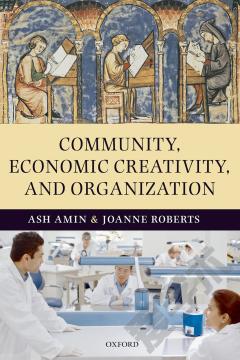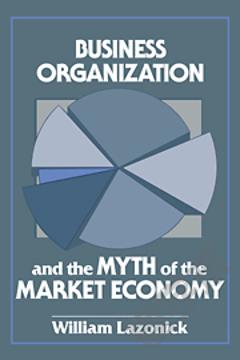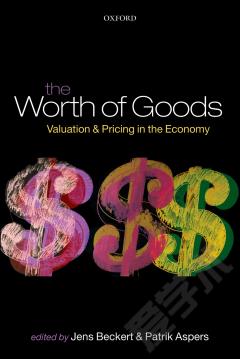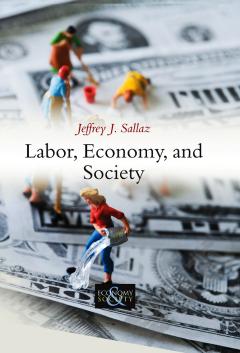Economics, Values, and Organization
In this path-breaking book, economists and scholars from diverse disciplines use standard economic tools to investigate the formation and evolution of normative preferences. The fundamental premise is that an adequate understanding of how an economy and society are organized and function cannot be reached without an understanding of the formation and mutation of values and preferences that determine how we interact with others. Its chapters explore the two-way interaction between economic arrangements or institutions, and preferences, including those regarding social status, the well-being of others, and ethical principles. Contributions have been written especially for this volume and are designed to address a wide readership in economics and other disciplines. The contributors are leading scholars who draw on such fields as game theory, economic history, the economics of institutions, and experimental economics, as well as political philosophy, sociology and psychology, to establish and explore their arguments.
{{comment.content}}








 京公网安备 11010802027623号
京公网安备 11010802027623号